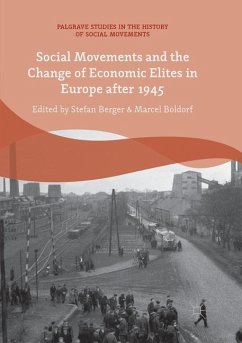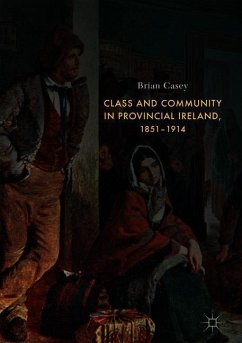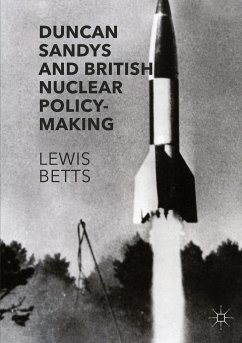
Social Movements and the Change of Economic Elites in Europe after 1945

PAYBACK Punkte
42 °P sammeln!
This book explores the changing nature of social movements and economic elites in post-Second World War Europe. In the years following 1945, Europe faced diverse challenges connected by the overriding question of how the reconstruction of the continent should proceed. For the Central Powers, the implementation lay in the hands of the Allied occupying forces who organised the process of denazification and the establishment of a new economic order. In countries without military occupation, there was a deep gap between the new governmental forces and the former collaborators. In both cases, socia...
This book explores the changing nature of social movements and economic elites in post-Second World War Europe. In the years following 1945, Europe faced diverse challenges connected by the overriding question of how the reconstruction of the continent should proceed. For the Central Powers, the implementation lay in the hands of the Allied occupying forces who organised the process of denazification and the establishment of a new economic order. In countries without military occupation, there was a deep gap between the new governmental forces and the former collaborators. In both cases, social movements which were formed by anti-fascists on the left of the political spectrum assumed the task of social reorganisation. The chapters in this book explore the discourses about economic systems and their elites which moved to the fore across a range of European countries, uncovering who was involved, what resistance these social movements faced and how these ultimately failed in the Westto bring about change, while in Eastern Europe Stalinism forcibly imposed change.














